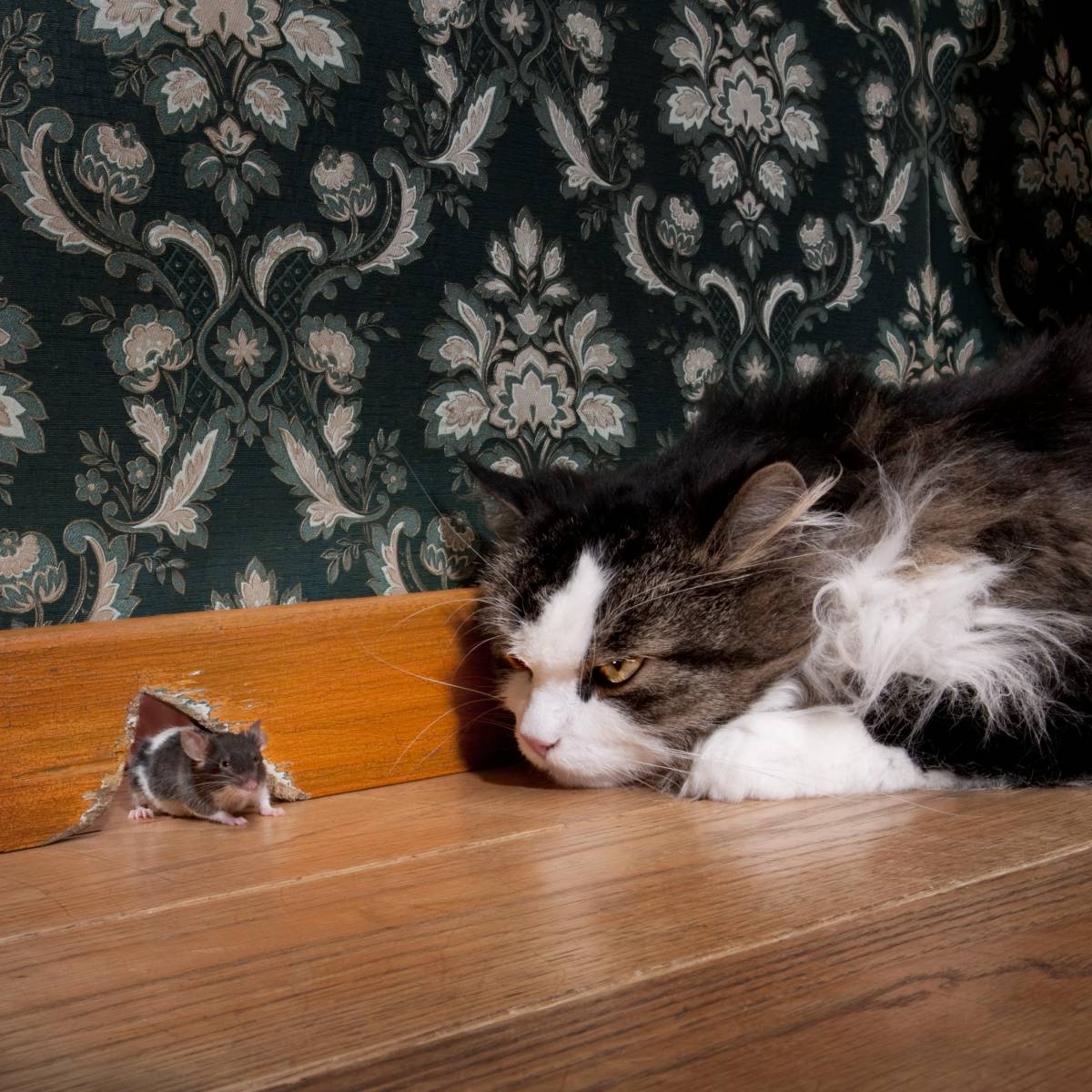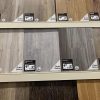As cute as mice are to look at, having them invade your home isn’t an ideal scenario. For example: can mice in your house make you sick? If so, what sort of diseases are they likely to spread?
In this article, we’ll tell you everything you need to know, including a look at what mice hate the most and whether they are afraid of dogs and cats – to give you some inspiration and prevention tips.
Read on if you’d like to learn more…
Can having mice in your house make you sick?
So, can an infestation of mice in your home make you sick? The answer is absolutely yes. Not only do the rodents carry several diseases, but their urine and droppings can cause illness as well. For example:
- Hantavirus (both Pulmonary Syndrome and Haemorrhagic Fever with Renal Syndrome).
- Lassa Fever.
- Leptospirosis.
- Lujo Haemorrhagic Fever.
- Lymphocytic Choriomeningitis (LCM).
- Monkeypox.
- Omsk Haemorrhagic Fever.
- Salmonellosis.
- And more.
There are also a number of other diseases that can be spread indirectly by rodents (e.g., via ticks, mites, fleas, and mosquitos).
These are all the more dangerous for households with small children and pets – particularly those who are prone to allergies.
What do mice hate the most?
What do mice hate more than anything? The best way to answer this is by addressing mice and their keen sense of smell. As mice are so sensitive to smell, there are certain odours that they find utterly unbearable. The good news is that most of these odours aren’t all that unpleasant to us humans (most of them).
Here’s a list of scents that can be used to effectively repel mice:
- Cinnamon.
- Vinegar.
- Freshly washed and tumbled sheets (crazy right?).
- Clove oil.
- Peppermint.
- Tea bags.
- Mint toothpaste.
- Cayenne pepper.
You can use these scents as a non-invasive means of keeping these little pests out of your home without hurting them. If you have an air purifier, you can use various essential oils such as peppermint – which can provide your home environment with some natural antimicrobial remedies while you’re at it.
But aside from all of the scents, there’s one thing that mice hate above all else: a perfectly clean, well-kept home with no natural food or water sources or cluttered areas to hide in. In other words, if you take all of the necessary steps to pest-proof your home, keep it clean and sanitary, seal all leftover food, regularly clear the trash out, keep your garden area clean and well-kept, and de-clutter your home of any potential nesting materials, you will significantly reduce the chance of dealing with an infestation of mice. What better way of keeping them out than making your home utterly repulsive to them?
The great thing about this approach is that you can keep out a wide variety of other pests as well. Cockroaches, for example, are attracted to food crumbs, spillages, and stagnant water. By keeping on top of your cleaning regime, you can have a critter-free home.
Are mice afraid of dogs?
You would like to think that having dogs in your home would be a logical deterrent for mice and other rodents, but it isn’t always the case. The fact is, mice are very sensitive to smell and if they do notice that there is the smell of a larger predator in an area, they will tend to steer clear, however, there is not much evidence to suggest that mice are necessarily afraid of dogs.
Ultimately, if you keep your home as clean as possible, seal any pet food away, and keep your kitchen area free of crumbs and spillages, you’ll be much more likely to avoid an infestation. Adding a dog into the mix may also help with this, but it’s not a guaranteed prevention tactic.
There are, however, certain breeds of dog that are great for scaring off mice and other rodents, such as:
- Yorkshire Terriers.
- Jack Russell Terriers.
- Dachshunds.
- Lakeland Terriers.
- German Pinschers.
- Rat Terriers.
- Cairn Terriers.
- Papillons.
As it turns out, the smaller the dog, the more effective they are at scaring off and chasing mice. This is largely due to the way that the dogs were bred coupled with the fact that they can give chase to mice and other rodents far more effectively than a bigger dog.
Will mice leave if they smell a cat?
Another common question is whether mice will leave if they smell a cat. It’s important to understand that mice won’t necessarily up and leave as soon as a cat is introduced into your household.
Certainly, cats are an excellent deterrent for mice and can help to prevent an infestation in the first place – particularly when coupled with good sanitation in your home. However, as a method of ridding your home of an existing infestation, it’s not a guaranteed approach.
Mice are indeed afraid of cats and this largely comes down to their sense of smell. When a mouse smells cat urine, it will avoid the area entirely to not get caught out by a natural predator. The pheromones from the urine travel through the rodent’s nose to its brain, triggering an emotional response – likely an evolutionary one – warning them of the danger.
Cats are, after all, excellent hunters and can make light work of mice.
As mentioned above with dogs – introducing one or the other (or both) into your household isn’t a guaranteed or recommended pest control method. They can be great deterrents, but if you are already contending with an infestation, then we highly recommend that you contact professionals, such as Pest Control Brisbane.
Conclusion
Mice control is harder than prevention. If you want to avoid having to scatter traps throughout your home, then the best approach is to try pest prevention first and foremost. However, if you do find that you have a pest problem, again, we always recommend hiring professional assistance for a fast and effective solution.



